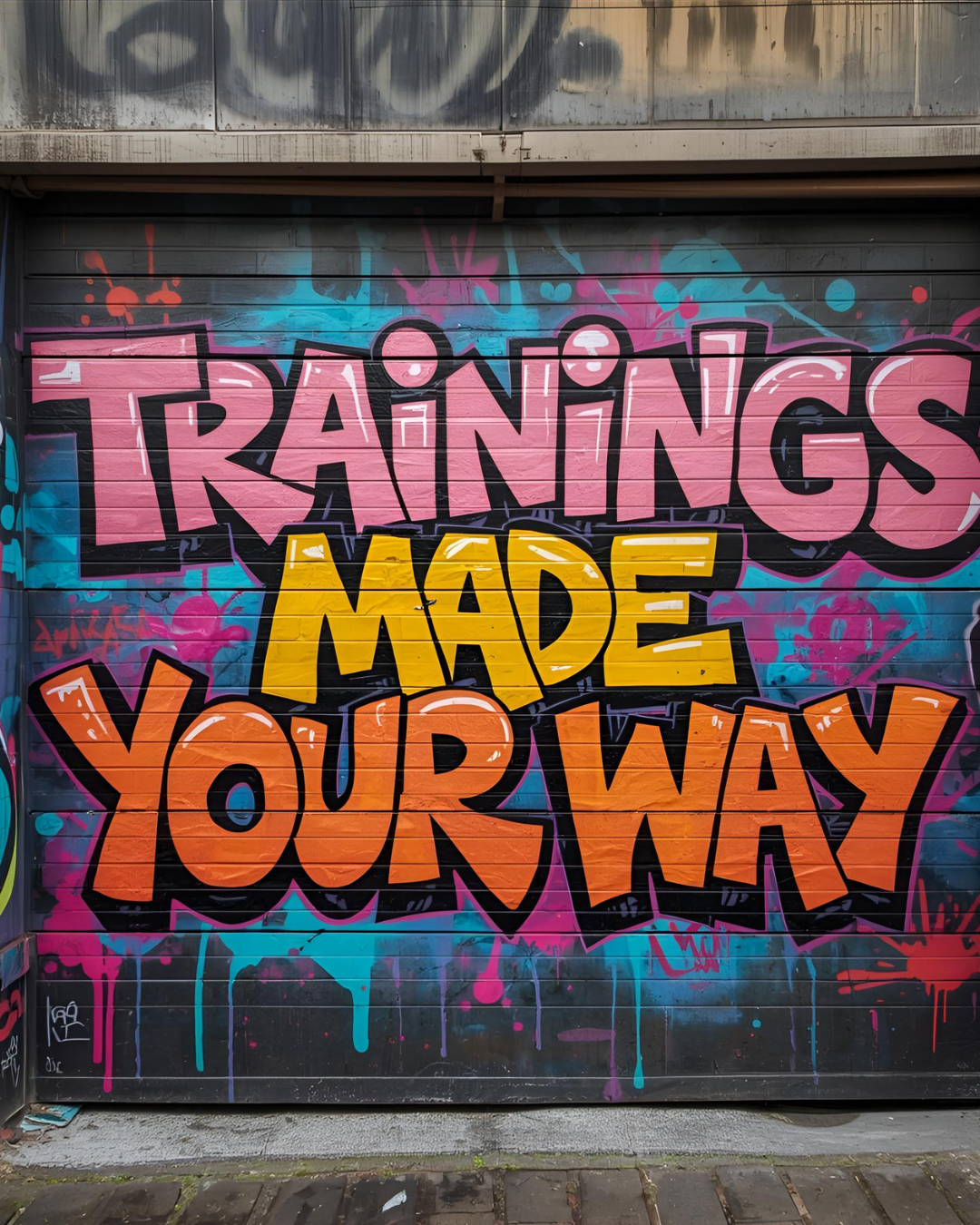Training Menu
Whether you're an organization looking to strengthen your workforce, a company seeking to build a culture of recovery, or an individual wanting to expand your expertise for professional development, our training programs have you covered!
From mastering group facilitation to navigating ethics and confidentiality, we offer interactive trainings designed to enhance skills, boost confidence, and create meaningful impact. With expert peer led sessions available in person or virtual, we provide the tools you need to thrive in peer support, mental health, and beyond. Ready to level up your recovery skills and knowledge on mental health support? Explore our training menu below.
Featured Trainings
-
Teaches conversational techniques to inspire client-driven change through empathy and collaboration.
-
Explores recovery-oriented care and SAMHSA’s Eight Dimensions of Wellness to promote holistic support.
-
Focuses on creating inclusive environments by transforming experiences of exclusion into connection.
-
Introduces person-first strategies to support individuals using substances with empathy and effectiveness.
-
A 6-hour course fulfilling certification renewal requirements, emphasizing ethical decision-making in peer support roles.
-
Provides tools to shift from crisis response to solution-focused communication during high-pressure situations.
-
Offers a structured framework for ethical decision-making in behavioral health using Dr. Patricia Deegan’s model.
-
A bundled training that meets MPSSCE requirements—combining WRAP® Level 1 and the 6-hour Law & Ethics course for peer workforce development.
-
Enhances cultural responsiveness by exploring identity, intersectionality, and person-centered care.
-
Covers confidentiality laws and best practices to protect sensitive behavioral health information.
-
Builds advanced skills for managing group dynamics with creativity and adaptability.
-
Uses neuroscience and positive psychology to help participants build resilience and inner strength.
-
Teaches foundational skills for leading inclusive and engaging group sessions.
-
Equips participants with tools to support LGBTQIA+ individuals through inclusive practices and affirming care.
-
Promotes respectful communication by replacing stigmatizing terms with strengths-based language.
-
Explores various forms of advocacy, emphasizing peer and self-advocacy using Nonviolent Communication.
-
Challenges individual wellness culture by promoting organizational strategies for collective resilience.
-
Empowers peer supporters to use intentional self-disclosure to reduce stigma and foster connection.
-
Prepares peer supporters to provide trauma-informed, welcoming care on PRPSN’s long-standing Warm Line.
-
Offers tools to support trauma survivors with empathy, safety, and person-centered practices.


